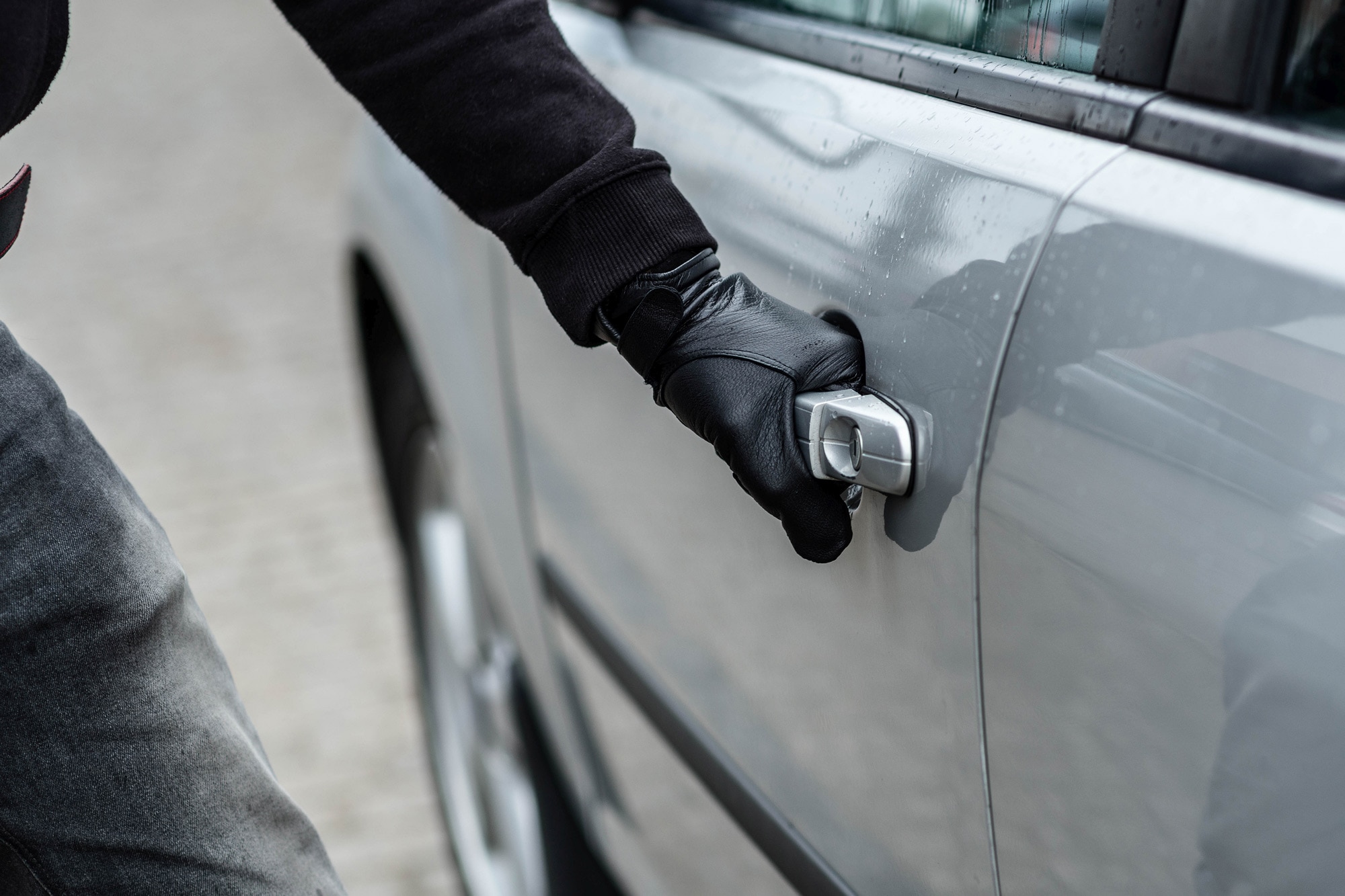Is LoJack Necessary on a New Car?
In a world full of GPS-enabled devices, there are many ways to track your car.
 Getty Images
Getty Images
More than 1 million vehicles were stolen in the United States in 2023. That's one every 32 seconds. For decades, the LoJack theft recovery system offered compelling protection against this scourge.
LoJack is a small electronic device that, when installed in your vehicle, allows law-enforcement officers to locate your car after it's stolen. Today, all sorts of devices can show their location in real time on your smartphone. Here's a look at LoJack's capabilities compared with other options, so you'll always know where your car is parked.
LoJack Now Uses GPS to Track Your Car
The very first LoJack system was patented in 1979. If a LoJack-equipped car was reported stolen, police would enter the car's VIN and description into a stolen-vehicle database, which would trigger LoJack to send a signal to a radio device installed in the car. The device would send signals to nearby patrol cars equipped with LoJack sensors, helping police locate — and hopefully recover — the vehicle.
Today, LoJack uses a GPS tracking device installed in the car to send signals to a smartphone app. In addition to tracking a vehicle's location, the LoJack app can send alerts if the car exceeds a certain speed or drives outside a predetermined area. It can also remind you when your car is due for routine maintenance, alert you to a dying car battery, or warn you of a recall on your vehicle.
LoJack still promotes its ability to help law enforcement locate stolen vehicles, but the company also promotes its service to car dealership managers who need to keep track of large vehicle inventories. LoJack is often installed by new- and used-car dealers, with installation and activation costs varying based on the vehicle and the dealer, while the smartphone app requires a monthly subscription of around $8 to $11.
AirTags and Other GPS Trackers
Today, you can choose from hundreds of pocket-size devices meant to help you find lost keys, pets, and even cars, all reporting to your smartphone. Enthusiast magazine
Some devices plug into a car's OBD-II computer port and can report on fuel level, vehicle health, and aggressive driving. That can be helpful if you're monitoring a teen driver. Others simply show the location of whatever you've attached them to, whether it's your dog's collar or your SUV.
Anything that uses a GPS signal generally requires a monthly or yearly service fee. Apple AirTags, which communicate with nearby Apple devices via Bluetooth, don't require a subscription, but can't show their location if they're far away from any Apple devices.
It's important to note that all consumer-grade GPS tracking devices have the potential for malicious misuse by stalkers and would-be thieves. In many states, it's illegal to put a tracking device in someone's vehicle without their knowledge.
Your Car's Smartphone App Can Do a Lot
Most new cars, especially luxury cars, offer smartphone apps that can show your car's location on a map, tell you how much fuel is in your tank, remind you when it's time for maintenance, and more. If your car has a smartphone app, it likely offers the features you'd want from a GPS tracking device, along with convenience capabilities like remotely locking/unlocking doors, starting the engine, and setting the cabin temperature.
Most of these apps require a monthly fee, but many offer capabilities that can't be matched by a standalone GPS device or LoJack.
Written by humans.
Edited by humans.
 Bob Sorokanich
Bob SorokanichBob Sorokanich is a car-obsessed journalist and editor who manages to maintain an old Mini Cooper and a love affair with automobiles while living in New York City. When he's not thinking about cars, he's riding his motorcycle, and when he's not riding his motorcycle, he's anticipating his next joy ride.
Related articles
View more related articles